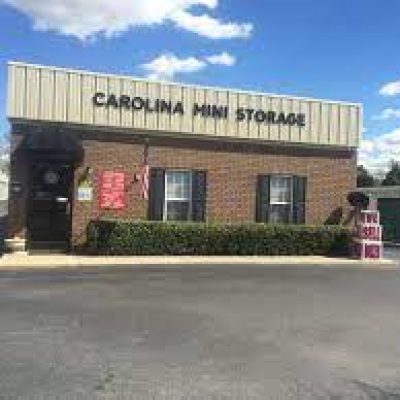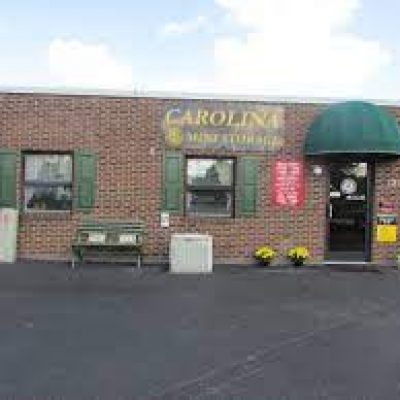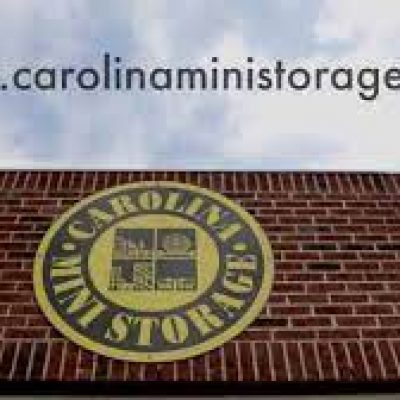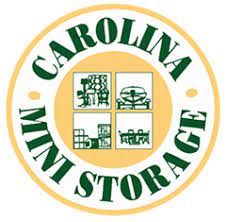Commercial Storage
Self-storage is not only an ideal solution for your average individual or family but can also work extremely well for businesses of all sizes. As the self-storage industry has evolved, so has its range of services, which can be utilized by business users to help them operate more cost-effectively.
Self-storage is a great solution for all types and sizes of businesses. Whether you’re looking to store because you’re expanding too fast or want to cutback on your normal office and warehousing commitments for short periods, then you’ll probably find an answer in self-storage. It’s proved to be such a successful business logistics solution that an increasing number of businesses have cut back their office space to a bare operating minimum and are using self-storage to keep everything that isn’t needed on a daily basis in one place with easy access.
Businesses opt for self-storage for various reasons, the most common of which is the need to free up or to cut down on expensive office space, for use as a small-scale warehouse, distribution service or as an archive.
The most common uses for businesses include:
Archiving documents, files and paperwork.
Freeing up office space by storing items that aren’t needed on a daily basis.
Storing office furniture and equipment.
Storing stock, either full-time or on a seasonal basis.
Storing office equipment and files during a move.
As a small-scale distribution center.
As a store for excess stock, reps’ sales samples and display or exhibition equipment
Storing office supplies, allowing businesses to buy in bulk and gain discounts.
Personal Storage
There are hundreds of reasons why people opt for self-storage for personal use, the most common of which include:
To simply free up space in your home.
Storage for all or part of your personal possessions while you move or are between houses.
When moving from a large home to a smaller one.
To keep personal clutter out of your home while you are trying to sell it.
To help with space as a family expands.
To keep valuable and personal items secure while taking an extended holiday if you’re renting out your home while away.
To keep collections and memorabilia in one place.
To store seasonal items such as garden furniture or tools if you don’t have a dry place or space to keep them at home.
To store clothes on a seasonal basis – i.e. your winter wardrobe is in storage in summer and changed for your summer wardrobe in winter.
As a storage space for recreational vehicles when not in use – these can include boats, motor homes, caravans, motorcycles and cars.
For students to store their personal possessions during holiday periods when they have to move off campus. Students also take up self-storage units after graduation before they decide where they will ultimately move.
As temporary storage for personal items while decorating.
To store sports equipment and bulky leisure items such as surfboards or windsurfers, either on a seasonal or permanent basis.
With no minimum rental periods and flexible notice periods, self-storage is a quick, cheap and effective solution for your short-term personal needs when compared to more traditional storage methods.
How are charges based for local moves or for moves within my state?
Local (intrastate) moves are generally based on a per-hour cost for the personnel and
the number of vehicles that the mover provides (up to a certain distance, with longer
distances based on the weight of your shipment and the mileage it is transported) and the
level of liability that the mover will cover in the event of loss or damage is generally
less than would apply for an interstate move.
How do I get an estimate?
Once you have compiled a list of movers, inform them of the destination and timing of your
move. Ask them about the types of services they offer. Also ask them to explain their
estimates in detail and to give you a copy. If any company refuses to give you a written
estimate, you should eliminate them from consideration. Then carefully compare to see which
mover best suits your needs and budget.
The cost of your move will be based on the actual weight of your belongings and the distance
they are shipped, plus the amount of packing and other services that you require.
To help you anticipate the cost of your move, movers will give you an estimate of the price.
Be sure to get written estimates from at least 3 different movers so that you can compare
their services and prices.






